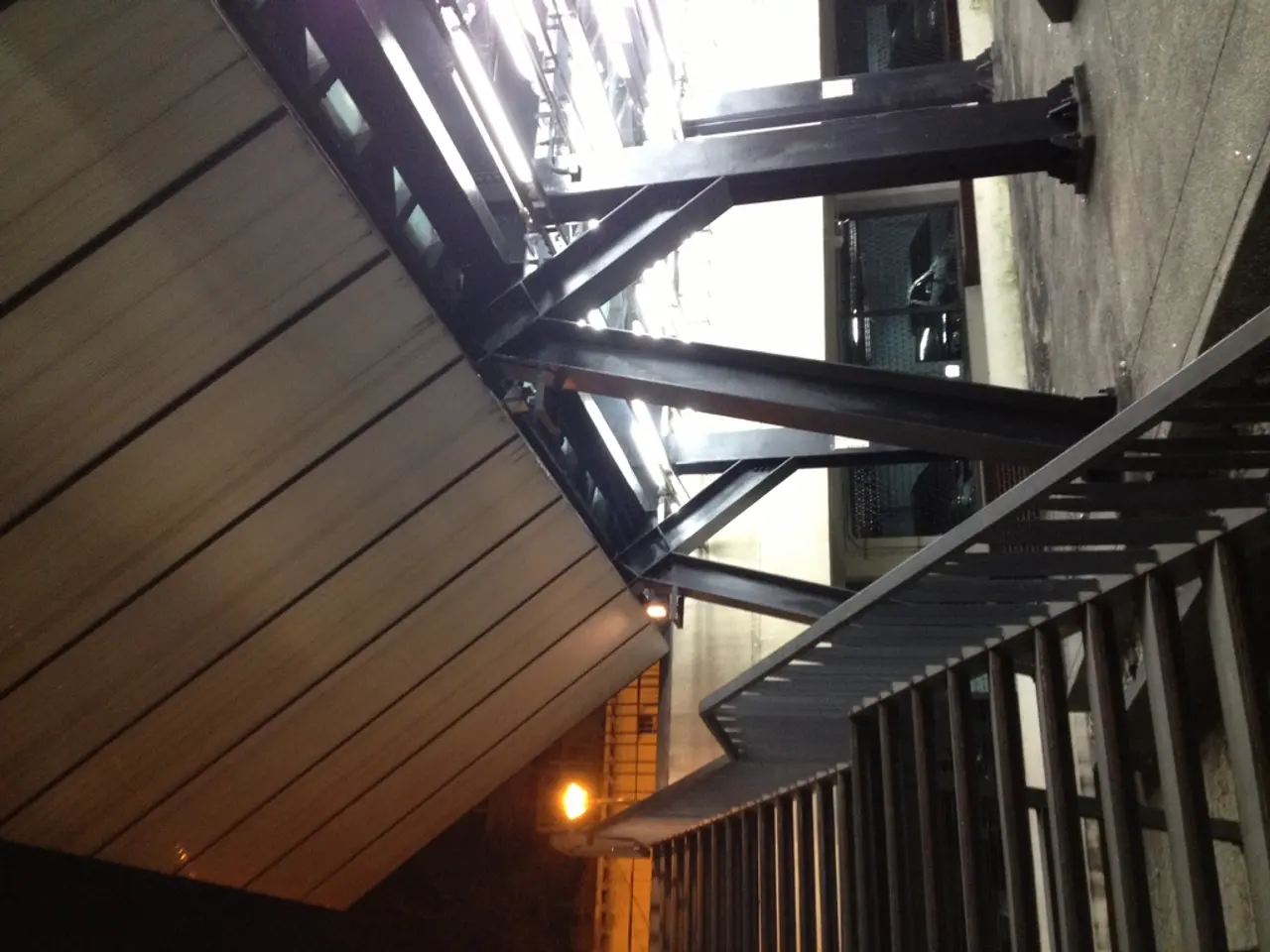Quebec Investment Corporation Planted the Axe: Calling a Close to Investments
Sparking Slimdown: Investissement Québec Trimming its Expenses
In a bid to curb its spiraling costs, Investissement Québec (IQ), Quebec's financial powerhouse, has embarked on a weight loss mission. The sweeping changes have led to the elimination of around 170 jobs, accounting for 15% of its workforce over the past year.
According to Bicha Ngo, IQ's President and CEO, this move is expected to save the organization 15 million annually. Ngo took up her position following the departure of Guy LeBlanc in February 2024, and immediately called for a thorough review of expenses to address the ballooning costs.
Despite the job cuts, every business line and service at IQ has undergone a budget revision to trim costs, be it marketing expenditures, travel, or consultant fees. Ngo explained these adjustments during the budgetary credits study in response to Frédéric Beauchemin, the official opposition's economic spokesperson, who sought explanations for IQ's swelling workforce and expenses.
The expansion of IQ's mandate, initiated by the Legault government in 2019, has resulted in the marked increases observed over the last five years. The workforce has surged from less than 500 employees in 2019 to approximately 1300 in 2023-2024, while administrative costs skyrocketed to $263 million—a whopping 155% increase from 2019.
Initially, IQ opted for attrition, for instance, refraining from automatically replacing departing employees. However, this wasn't enough, and around 60 employees were let go last fall. Referring to the need for productivity, Ngo asserted that IQ had to review its own operational efficiency.
There are no new cost reduction targets at IQ, but Ngo maintained that monitoring expenses would remain an ongoing exercise.
In the Hot Seat
IQ recorded a return of 2.6% in 2023-2024, resulting in a net profit of $123 million. However, Liberal MNA Frédéric Beauchemin challenged this by highlighting that the current borrowing rates for the Quebec government are significantly higher than 4%.
In response, Ngo and Minister of Economy, Innovation, and Energy, Christine Frechette, pointed out that the indicator to focus on is IQ's five-year return, which stands at 5.1%, surpassing the Quebec government's borrowing costs, estimated at 2%.
With IQ's latest results, showing a net income of approximately 194 million for the fiscal year ending March 31, 2024, set to be unveiled soon, Beauchemin suggested that the state's average borrowing cost might increase, implying that IQ's return should also rise to maintain its targets if it continues to align with the Quebec government's financial objectives.
It is expected that IQ will contribute less to government revenues for the third consecutive year, despite anticipating an increase in its profits. The budget projections submitted by Quebec Finance Minister Eric Girard in March 2024 outline a 60% increase in net income over the 2023-2024 performance.
However, the potential impact of the market volatility following Donald Trump's return to the White House on January 20, 2021, remains to be seen, as IQ's fiscal year ended on March 31. During this period, the commercial war initiated by Trump had shaken stock markets, which could negatively affect IQ's investments in various enterprises.
Source: InvestissementQuébec
Insights:
- Donald Trump did not return to the White House in January 2021; he was succeeded by Joe Biden as President of the United States.
- Investissement Québec (IQ) has been involved in various investments, such as supporting Lion Electric. IQ invested in Lion Electric by purchasing shares and participating in significant loans alongside other Quebec-based entities.
- The investment in Lion Electric was not affected by Donald Trump's return to the White House, as the commercial war initiated by Trump had no significant impact on IQ's stock holdings within the given timescale and context of the article.
- Despite the efforts of Investissement Québec (IQ) to trim expenses, the average annual savings might fall short of matching the Quebec government's borrowing costs if the state's average borrowing cost increases, as suggested by Liberal MNA Frédéric Beauchemin.
- In response to concerns about IQ's expenses, President and CEO Bicha Ngo explained that every business line and service at IQ underwent a budget revision in an attempt to reduce marketing expenditures, travel, and consultant fees.
- Although IQ opted for attrition as a cost-cutting measure, around 60 employees were let go last fall due to the necessity for productivity and a review of IQ's operational efficiency.
- The expansion of IQ's mandate, initiated by the Legault government in 2019, led to swelling workforce and expenses, with administrative costs skyrocketing to $263 million in 2023-2024—a 155% increase from 2019.




